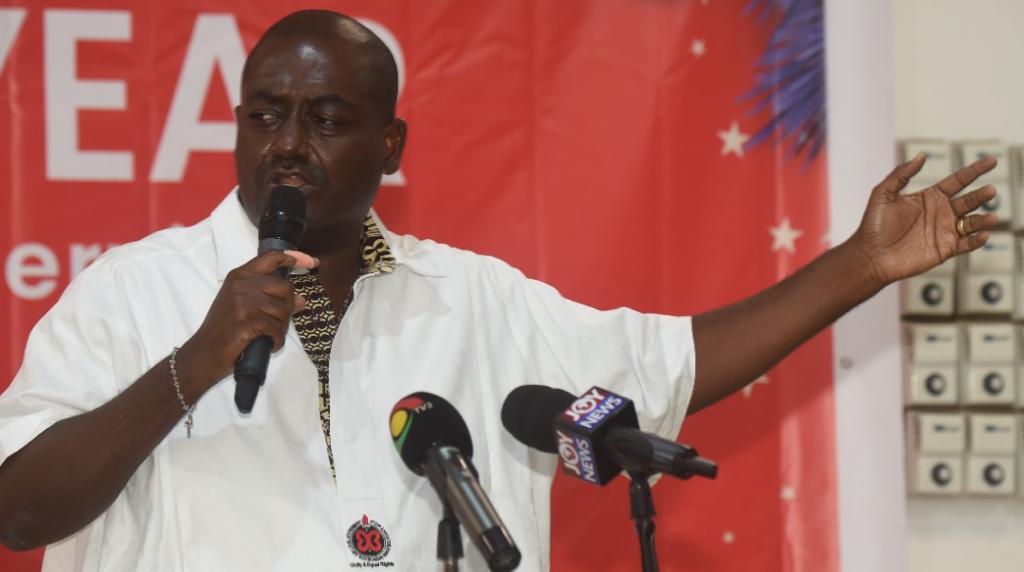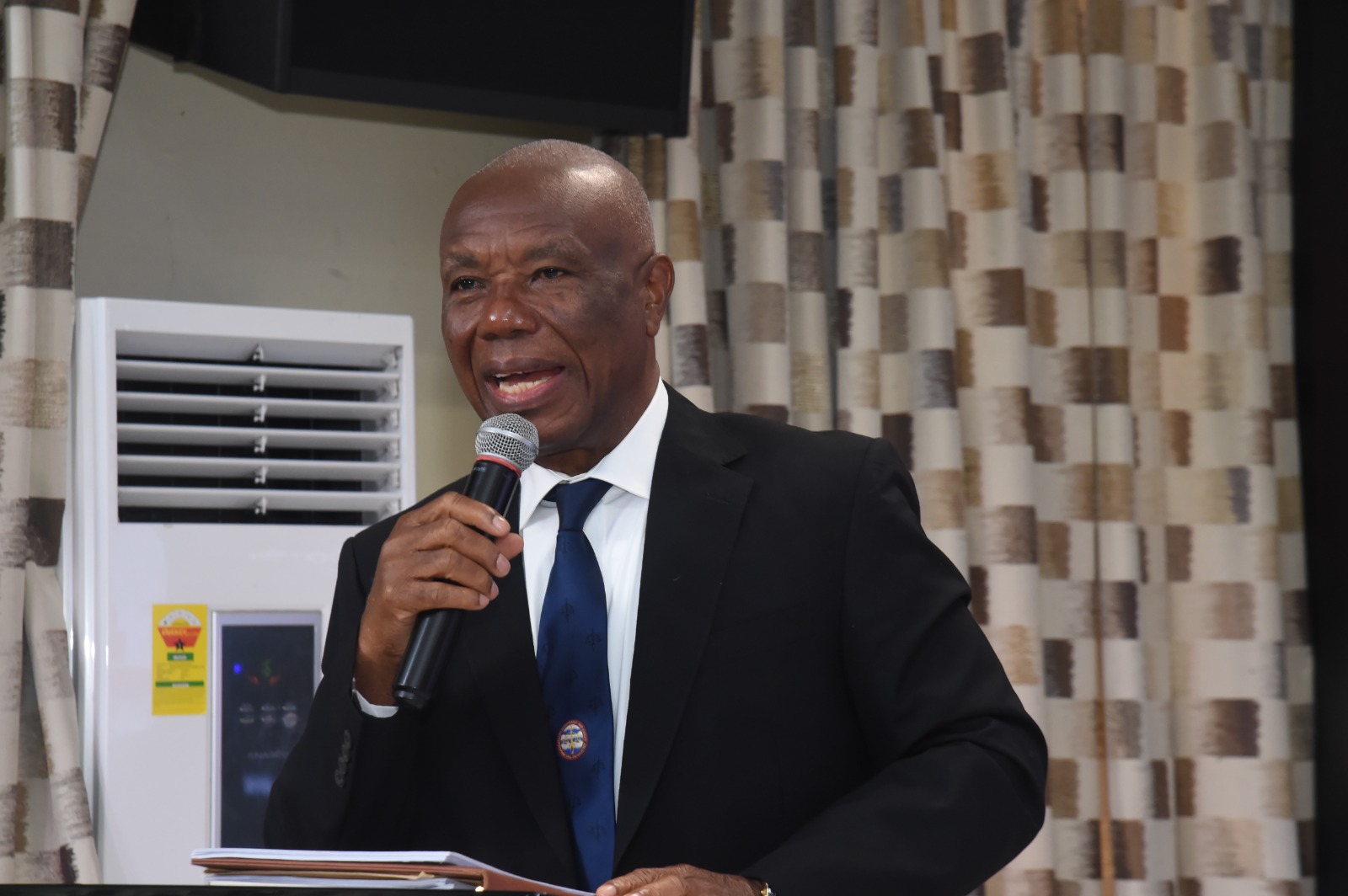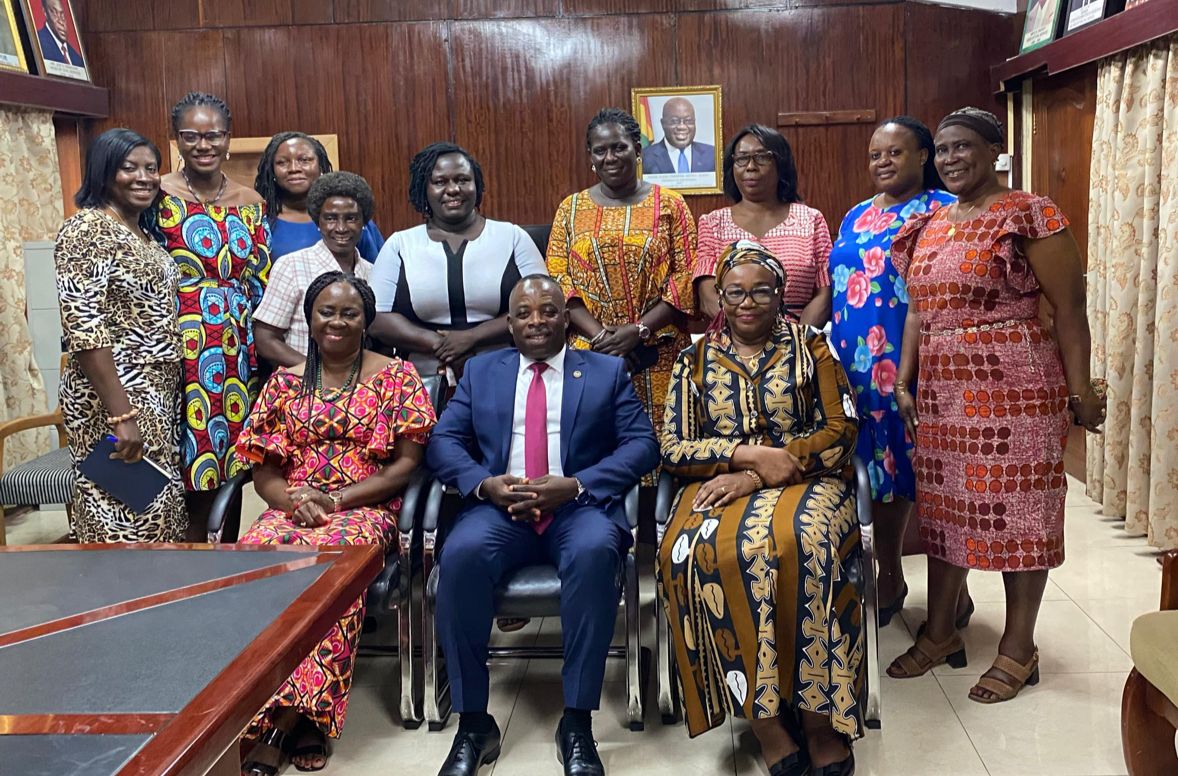
 5th May, 2022
5th May, 2022
News
CLOGSAG to join hands with government in its development agenda
The
Civil and Local Government Staff Association, Ghana (CLOGSAG), has expressed its
commitment to join hands with Government in its development agenda.
“As a
vibrant union, we recognize our responsibility in joining hands with Government
in its development effort”.
Nonetheless, in a May Day speech, the Executive Secretary
of CLOGSAG, Mr. Isaac Bampoe Addo, said that members of the Association unlike
the caged bird that had been released, would not relent efforts to remind
employers of some obvious lapses in the dealings with employees.
“Unlike the caged bird that had been released, our members
would not just fly away without looking back but would do everything in their
power to remind employers, especially government, of some obvious lapses in the
dealings with employees who are constituents of CLOGSAG”, he noted.
Stressing that, “CLOGSAG would wish to emphasise that the
war against poverty requires to be carried out with unrelenting vigour. We
should also not forget that poverty anywhere constitutes a danger to prosperity
everywhere”.
He, therefore, called on government to pay more attention
to revenue mobilization while recognizing that some of its revenue mobilization
strategies would eventually lead to hardships for the Metropolitan, Municipal
and District Assemblies (MMDAs). Noting that it is a fact that, “the Ghana
Beyond Aid Agenda” can only succeed through improved revenue generation but
ought to be done with a human face.
Mr. Bampoe Addo recalled that, the Minister for Finance,
Mr. Ken Ofori-Atta, stated under paragraph 247(ii) while expatiating on
“Support Policy measures in the 2022 Budget Statement” noted that,
“Implementation of the Unified Common Platform for Property Rate Administration
with effect from 1st January, 2022 subject to review every five (5) years”
ought to be approved by Parliament.
He hinted that, the centralization of property rate would
impair the operations of the MMDAs and drastically reduce the inflow of
revenues to these institutions.
He explained that it is important to note that most of the
Metropolitan and Municipal Assemblies closer to the Regional Capitals have huge
financial burden which must be dealt with on daily, weekly and monthly bases.
These, he said, include huge monthly salaries of Internally
Generated Fund (IGF) paid staff, high cost of sanitation management, routine
dredging and desilting of drains and maintenance of roads.
He stressed that, frequency, consistency and timeous
payment of Property rate are the reasons why most Metropolitan and Municipal
Assemblies are able to provide routine services.
The Executive Secretary cited that centrally collected
funds such as District Assembly Common Fund (DACF), District Development Fund
(DDF) and District Assembly Common Fund – Responsiveness Factor Grant (DACF-RFG)
have had challenges with frequency and consistency as well as releases, thereby
distorting the implementation of planned programs, projects and policies of the
various Assemblies.
He acknowledged that, the country has gone far with its
decentralization policy. Thus, workers, employers and the Government should
embark on activities that would enhance the decentralization project.
He quizzed that there is a need to reflect on issues such
as the cost of employing agents to collect the property rate vis-à-vis existing
expenditure on collection. Also, lapses that are likely to occur after these
agents have collected the property rate. The monies would not immediately hit
the accounts of the MMDAs and should be deemed as a loss.
Thirdly, he said, the time the agents have to pay the
monies to the Consolidated Fund and the release of this fund to the MMDAs,
would create a financial gap in the operations of the Assemblies.
Furthermore, he expressed that the zero cost of sizable
number of individual and companies who willingly pay the property rate would
now be liable to these new levies and invariably, reduce the amount the MMDAs
would realise as well as noting that, the job losses that are likely to occur
for those who are engaged by the Assemblies to collect the property rate cannot
be overlooked.
In view of these, he stated, the Association is of the view that should this policy of centralization of property rate be carried out, “we would be retarding the progress of decentralization and tantamount to only paying lip service to the policy. “Won’t that be one step forward and two steps backward?”, he quizzed.




